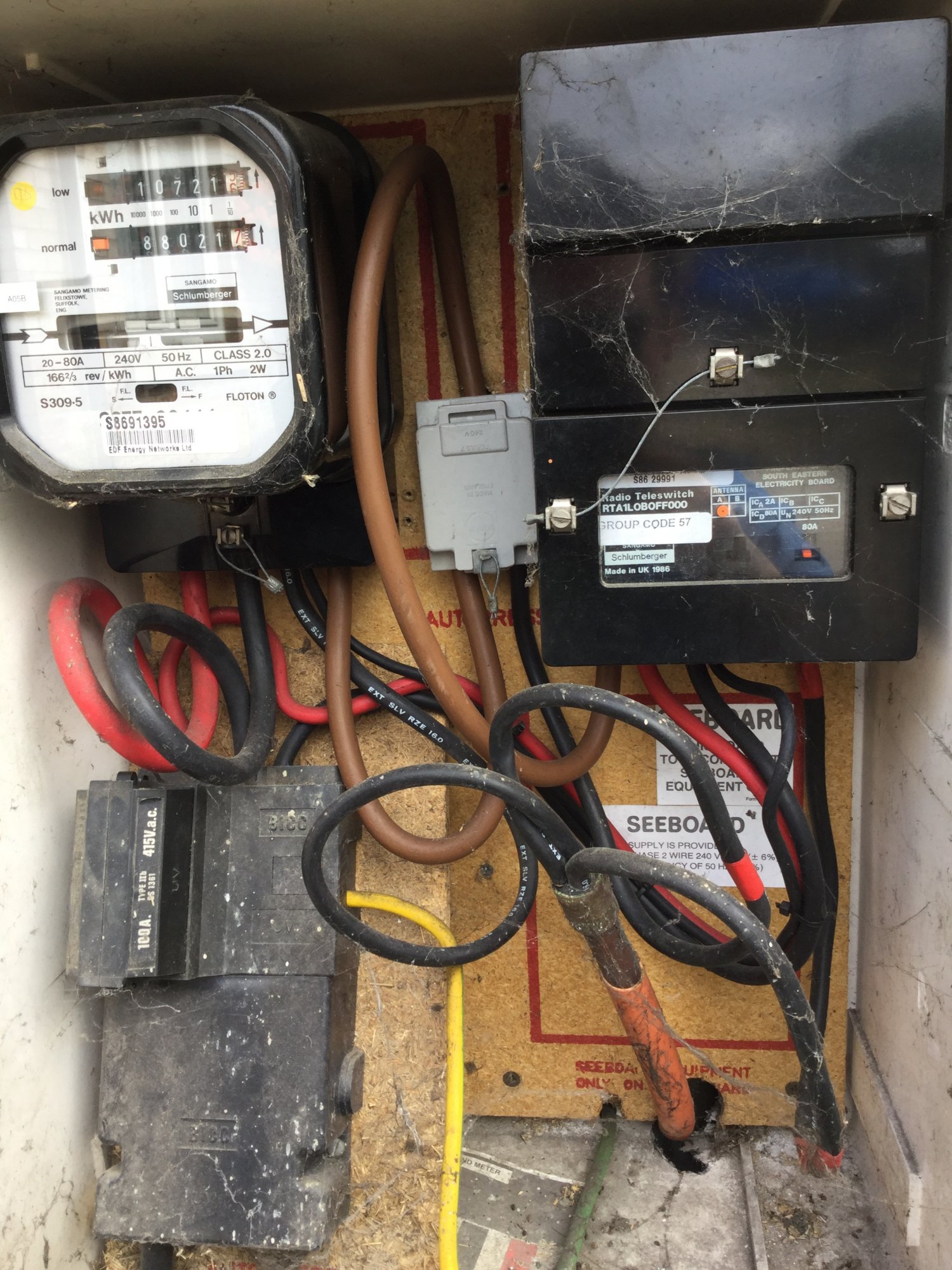- Joined
- 6 May 2016
- Messages
- 48
- Reaction score
- 3
- Country

I have a dual tariff meter
As a result my entire supply is switched at night to Economy 7.
I want to fit a 2.55kw storage heater into my garden outbuilding. https://www.tlc-direct.co.uk/Products/ERSH18M.html
I need a timer, preferably one that can plug into an existing socket.
Can any one recommend a suitable low cost timeswitch?
Would this one be ok for example? https://www.tlc-direct.co.uk/Products/TCTC24.html
I want to fit a 2.55kw storage heater into my garden outbuilding. https://www.tlc-direct.co.uk/Products/ERSH18M.html
I need a timer, preferably one that can plug into an existing socket.
Can any one recommend a suitable low cost timeswitch?
Would this one be ok for example? https://www.tlc-direct.co.uk/Products/TCTC24.html


